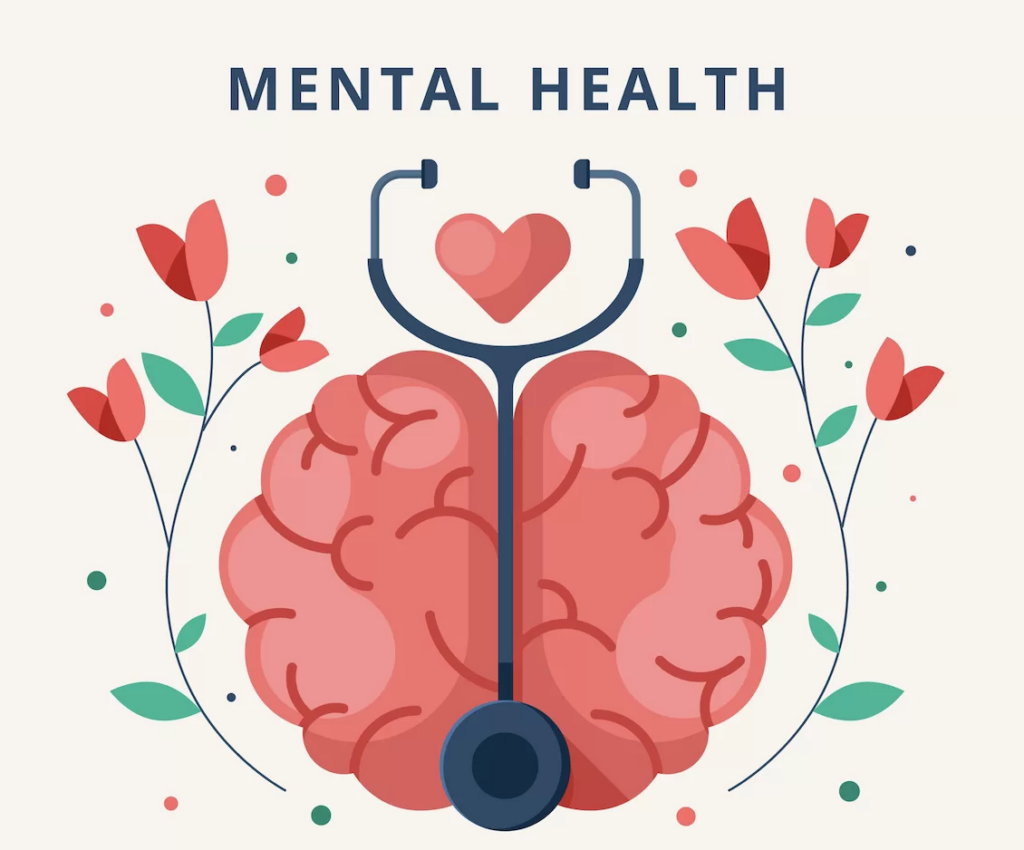Multiple Sclerosis (MS) is a complex and often misunderstood diagnosis that affects millions of people worldwide. Despite its prevalence, there are many misconceptions surrounding MS that can impact the lives of those living with the condition. Although I personally do not have MS, I’ve worked closely with individuals over the years who live with MS, and I’ve learned and observed firsthand the challenges they face and how unpredictable the disease can be. A saying I’ve heard that stuck with me is, “Multiple sclerosis is like a fingerprint”. This saying speaks to the fact that every person’s journey with MS is unique and looks different for every person. There are so many misconceptions surrounding MS and I’d like to dive into what I wish others knew about the disease with the hope of fostering understanding, compassion, and support for those navigating life with MS.
- It’s Not Just Physical: One of the most common misconceptions about MS is that it only affects physical health. While MS does manifest with physical symptoms such as tremors, weakness, and mobility issues, it also impacts cognitive function and mental health. Symptoms can include brain fog, memory changes, and mood fluctuations and these aspects of MS are less visible and frequently overlooked.
- Unpredictability: Living with MS means living with uncertainty. The course of the disease is unique from person to person, and symptoms can fluctuate unpredictably. This uncertainty can pose many challenges in day-to-day life. In what feels manageable one day could become overwhelming the next.








